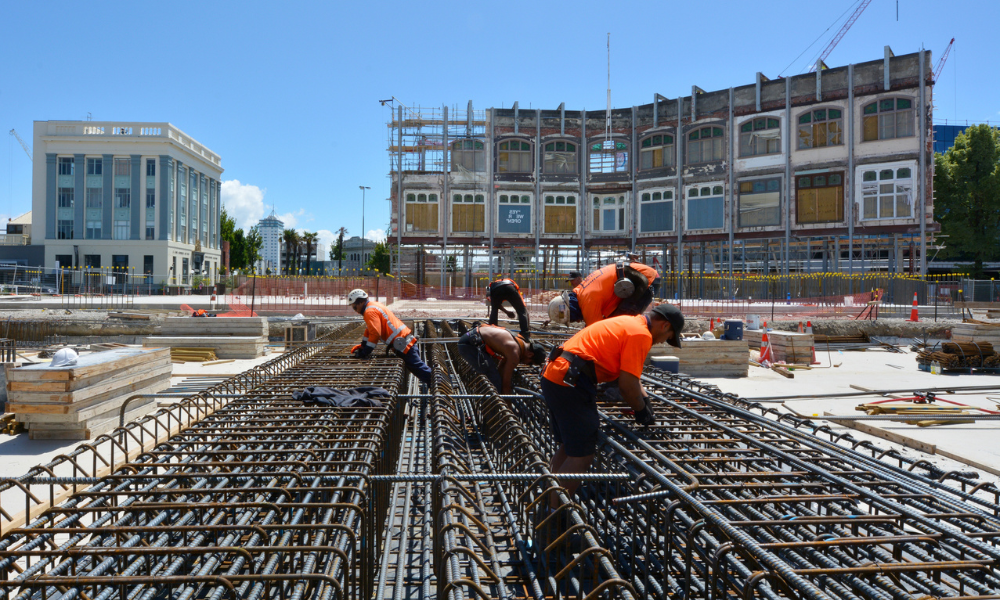
But number of available workers falls far short of demand

The size of the working-age population in New Zealand increased by 20,200 in 2022.
That’s an increase from the 13,000 in 2021, but is still close to the lowest-ever registered since records began in 1987, says Bloomberg, citing data released by Statistics NZ.
In the latest data released for December quarter, the working-age population in New Zealand is at 4,120.9, slightly higher than the recorded 4,114.7 in the September quarter.
Despite this increase in numbers, the figures indicate signs of a persistent labour shortage in in New Zealand, which could affect wages and inflation, says Bloomberg.
Employers have been crying out over the past year over their difficulties to hire new staff, with 38% of those surveyed struggling to recruit for more than six months, according to a report from the Employers and Manufacturers Association
Hiring demand has been getting stronger across the world as more economies recover from the impact of COVID-19, leading to a heated competition for talent.
But New Zealand's case in hiring demand is "very strong," and the talent shortages reported in the country are "more severe" when compared to Australia, according to Greg Savage, board chair at Consult Recruitment.
"The Australian government has largely encouraged and facilitated bringing in people in the categories where skills are scarce," Savage said. "But my clients in New Zealand have expressed frustration at the very tight restrictions, so that might be playing into why their skill shortage is potentially even more severe."
New Zealand has gradually reopened itself to travellers and migrant workers over the past year to reduce the burden on many employers.
It also raised the cap of its Recognised Seasonal Employer (RSE) Scheme to 19,000, a hike by 3,000 workers and the largest one in over a decade.
The government also expanded its Green List to include more professions in healthcare, education, and construction sectors, and resolve their talent shortages. It also extended its employer accreditations under the Accredited Employer Work Visa by another 12 months.
"We understand that labour shortages are the biggest issue facing New Zealand businesses, and are contributing to cost of living pressures too. These measures are about addressing those shortages and providing greater certainty to businesses as they recover from the pandemic," said Immigration Minister Michael Wood.